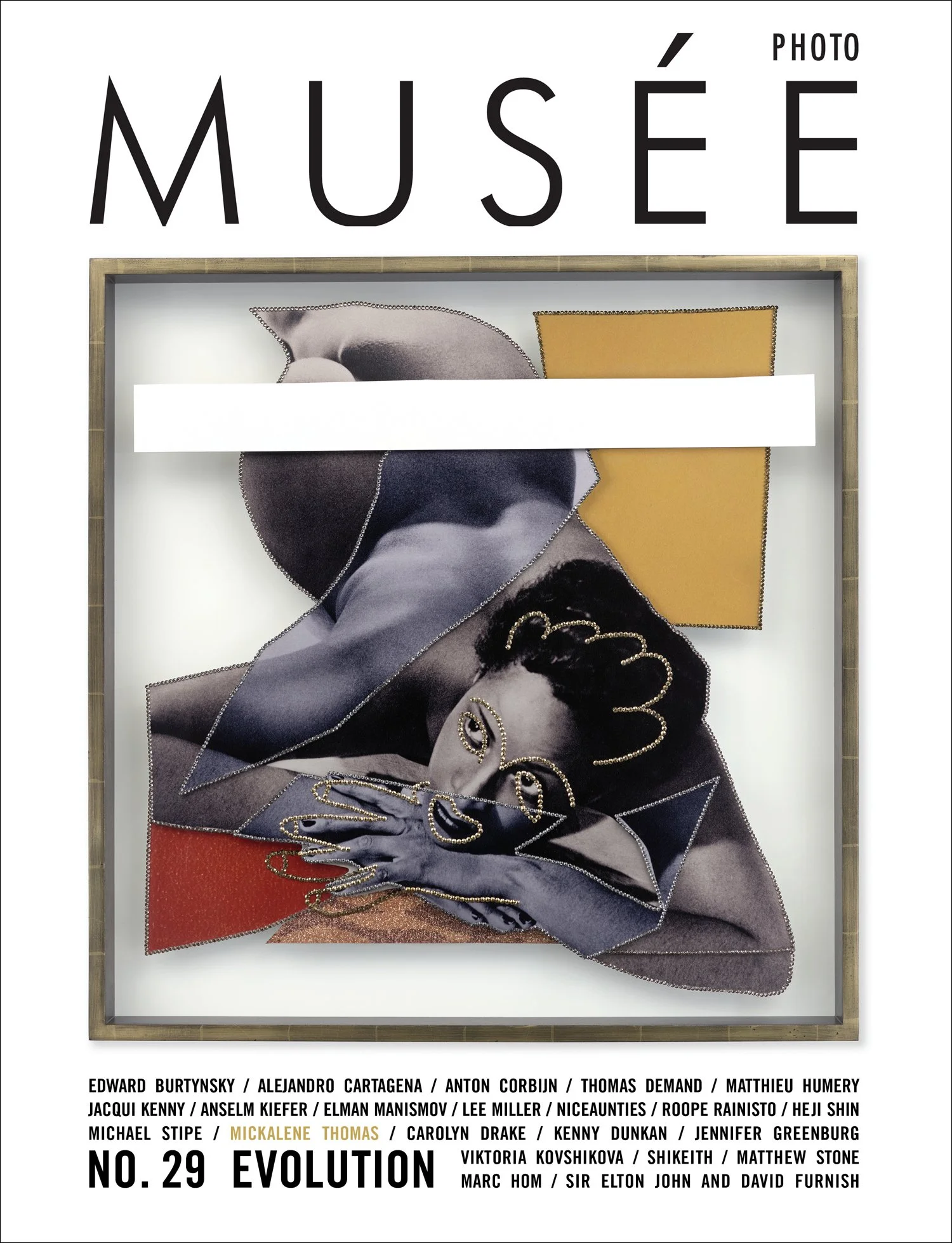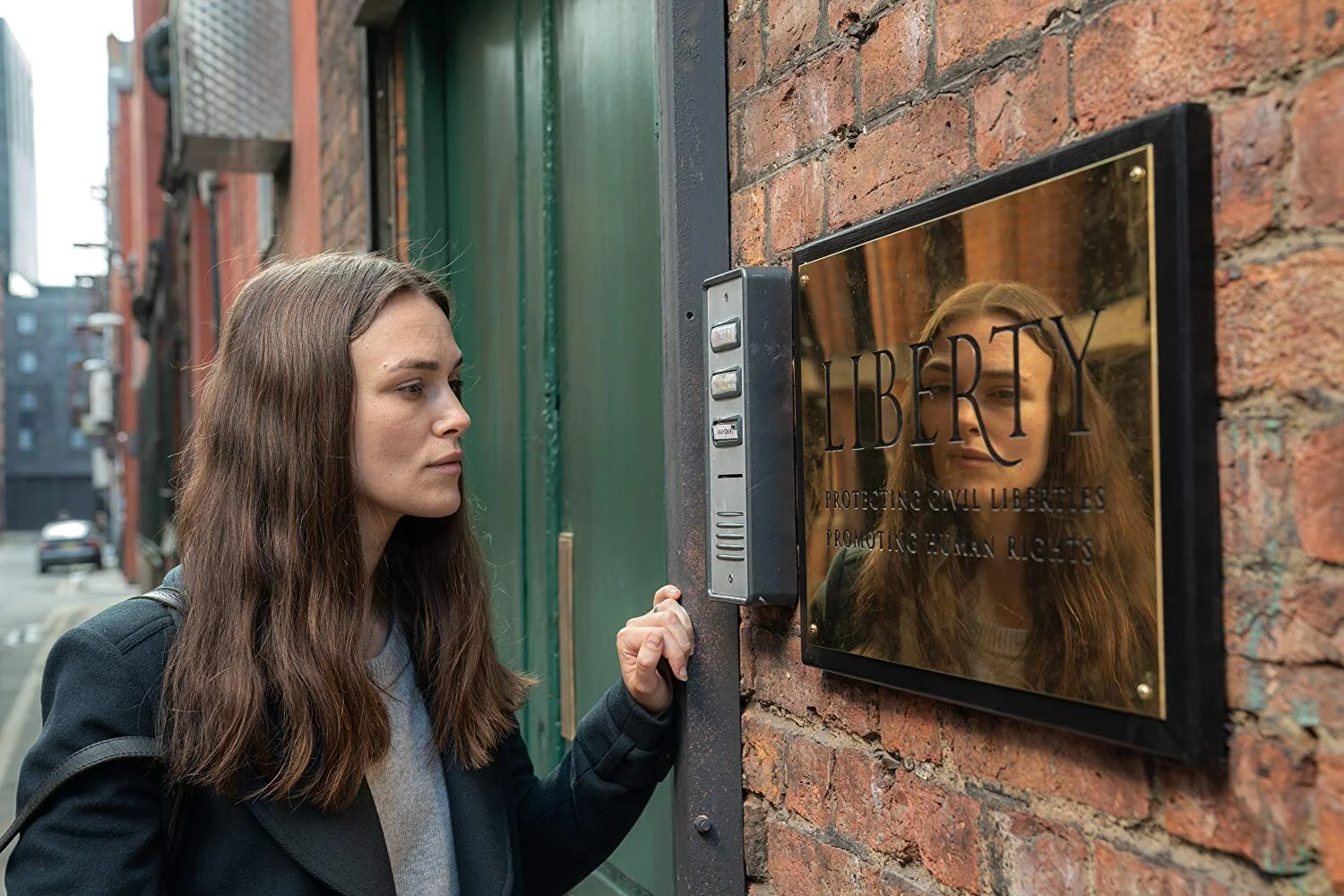Film Review: Memoir of War
Mélanie Thierry as Marguerite Duras in MEMOIR OF WAR. © Music Box Films
By Belle McIntyre
I think the best way to describe the work of Marguerite Duras is genre fluid. She wrote prose that was cinematic and visual and made films which were poetic and literary. All of it intensely and specifically personal and yet so vividly contextualized that one feels the immediacy of the moment in the time and place being depicted. This film, based on Duras’ 1985 book of the same name, uses the same opening words from the book - spoken in voice over which completely belie what is to follow. She claims to have found some old notebooks which contain this account of her experience years earlier during WWII under the German occupation of Paris. Her husband, Robert Antelme, has been arrested and imprisoned by the Nazis and threatened with transfer to one of the camps because of his activities in the Resistance. She says she has no recollection of writing it and cannot imagine writing it at that time. And yet, it has the immediacy of a diary with so much minute detail including descriptions of her apartment and the imagined words spoken between herself and Robert upon his desperately wished-for return. Her emotions are so urgent and profound that one is engulfed in her grief.
Marguerite, as herself, is beautifully and subtly played by the luminous Mélanie Thierry, and appears to be holding up under the fear and uncertainty, as she attends meetings of the resistance cell which is intent on discovering who betrayed Robert and how to find and rescue him. She is attentively encouraged and consoled by Dionys (Benjamin Biolay), one of Robert’s best friends, and the only one with whom she lets down her guard. With him she reveals her inner thoughts - visions of Robert dead in a trench, very specific images of him being taken to one of the camps. And then she veers back to optimism and hope that he will return any day, since no news could be good news. The emotional swings are painfully palpable to watch.
When she is approached by the unctuous Pierre Rabier (Benoît Magimel), a French intelligence officer working for the Germans looking for information about Robert, allegedly to help her find him, she is immediately suspicious. It is important to remember that this is 1944, in the waning months of the war, when the occupation forces were supposedly enforcing law and order, but in reality, were trying to cover up the atrocities and war crimes they had committed. On the other hand, she is cautiously optimistic that he could actually shed some light on Robert’s whereabouts and status and just possibly be able to do something to help.
Rabier knows that this is her vulnerability and plays it to the max. Marguerite also knows that he is fascinated by her celebrity status and attracted to her. So begins a cat and mouse game which is carefully monitored by Dionys and the cell which Rabier so desperately wants to infiltrate. It is a menacing tango that the two embark on as the end of the occupation begins to crumble. Things get pretty tense when finally Dionys locates Robert and they hatch a dangerous scheme to smuggle him out of the German camp where he has been held for months and is critically ill.
The excruciating agony of endless waiting and not knowing is rendered in the gut-wrenchingly internalized performance of Thierry. It is in stark contrast to the emotionally wrought hysteria of her neighbor who moves in with Marguerite. When the barely-alive shell of a human being that is Robert is finally returned to Marguerite, her horror at what has become of him is both tragic and understandable. The aftermath is such an indictment of the irrationality and wretched cruelty of war but without articulating the words.
It is pure Marguerite Duras and perfectly renders the book for the screen. And Thierry’s beautiful sensitive face speaks so eloquently that the spareness of Duras’ writing exists without extraneous dialog. The cinematography and production are moodily and atmospherically lit and filmed and the final effect that one is left with is an unsentimental meditation on loss, loneliness and pain. I found it mesmerizing and sublimely beautiful.
You can watch a trailer for the film here.








